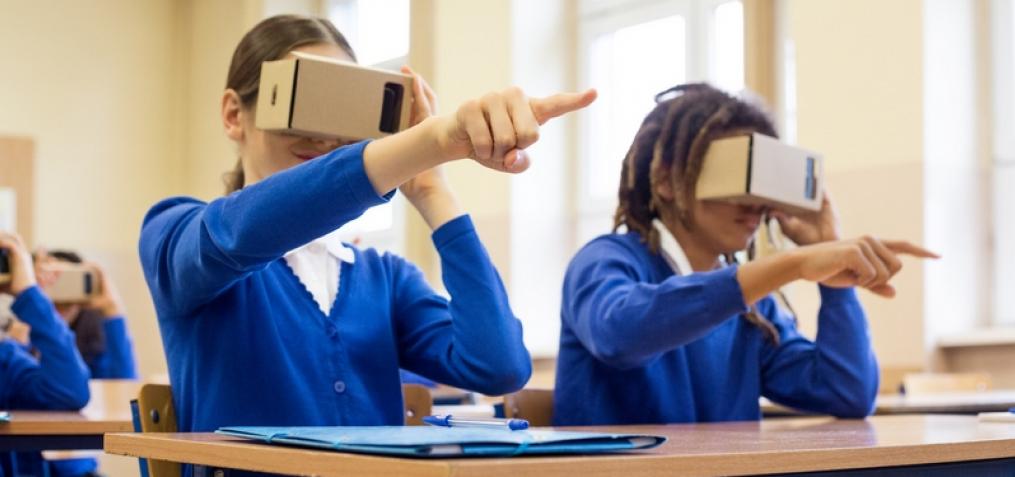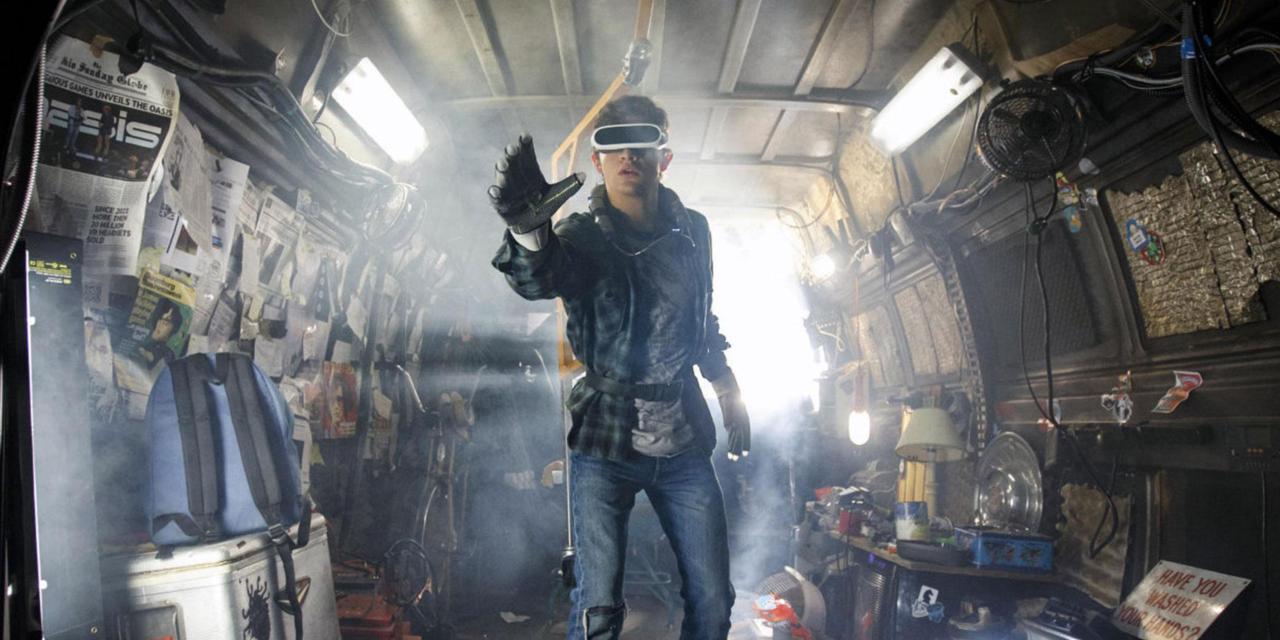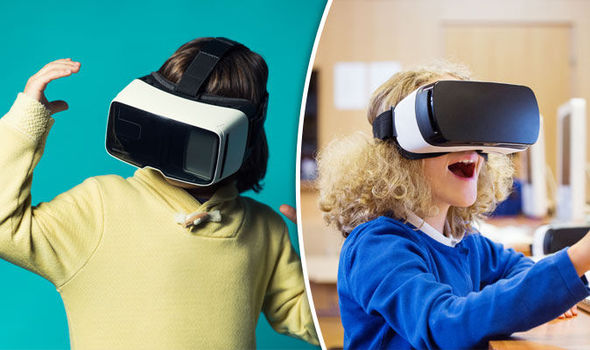How Virtual Reality Will Be The Next Step Evolution of Education
In today’s world, Education and Technology go hand in hand. This synergy is able to transform the world we live in. There is a lingering myth that education hasn’t changed for years in terms of teaching approaches and techniques applied. We disagree.
Though at a slow pace, we’re seeing some novel innovations in this area. Today millennials feel comfortable with online education, doing research on the Internet, resorting to instructional videos on YouTube and distance learning powered by video technology. Obviously, virtual reality is next. Some virtual reality projects used both in schools and higher educational institutions like Digital Museum by MonsterAR
Education is the base for a thriving society, and the transfer of knowledge has been a top priority for civilizations since the very beginning. People are constantly looking for ways to make knowledge transfer more easily, more quickly, and more effectively.
In the era of digital devices, we have an opportunity to enable better learning with technology. Virtual Reality (VR) seems to be the natural next step for the evolution of education.
–
Look at this -> Virtual Reality for Treatment of Drug Addiction
–
1. The Learning Potential

The reason virtual reality is so enthusiastically being pushed for education is simple: it’s a really effective way of learning. “Immersive content creates an impact, particularly on children, that makes ideas click,” explains our faculty member. VR will, in time, allow students not only to go on virtual field trips to places otherwise too expensive or distant to visit, but to other moments in time – an utterly impossible feat with other educational tools. They’ll retain the information from these events so much better because it is as good as living it. This type of learning is so far superior to anything you can learn.
2. Fosters Social Integration Of Learners
Students struggling to become a part of the class group will become acceptable by their peers because of their technological skills. Shy students get to ‘come out of their shells’ and the kids, previously lacking in confidence in their skills, become more self-assured technology experts. Virtual Reality technology is apt to students with different needs and learning styles. Also it gives a lot of opportunities for group work and peer teaching.
3. Non-Real Scenarios Made Possible In VR

The pedagogies of constructivism and game-based learning show that children learn best by doing or by being there. So they shouldn’t just read about history — they should ‘be’ historians. They shouldn’t just study engineering — they should ‘be’ engineers. The ability to introduce practical knowledge to the classroom without actually leaving it makes educational experience invaluable. Rather than listening to lectures, students can put words underneath a headset and get a real experience but in a virtual wrapper. Virtual immersive environment lets students experience any sphere of professional and life application yet at the learning stage.
–
Hey, Please read this too -> AR Therapy to Cancer Treatment
–
4. Increase In Student Motivation
Motivation and engagement are key factors of game-based learning, and virtual reality takes those to the next level. Thinking about the very purpose of education, it is basically a key to self-knowledge, a tool to get a job and also an experience that should better be positive and engaging, given the years people spend on it. Students need inspiration and encouragement to keep exploring the potential of education for their own capabilities. Engagement that virtual reality can produce will eventually veer students’ desire for exploration more toward intellect and away from play.
5. Virtual Reality: The School Of Future?

So could this global VR University become a reality? And could whole school systems become virtual in a similar way? From a technological and infrastructure perspective, it is entirely conceivable. In areas where demand for education is simply too high to be met by conventional means, VR is almost certainly going to play a role. In areas where demand for education is simply too high to be met by conventional means, VR is almost certainly going to play a role. We may see this starting with certain lessons being provided virtually, progressing up to larger virtual institutions as time goes on.
–





